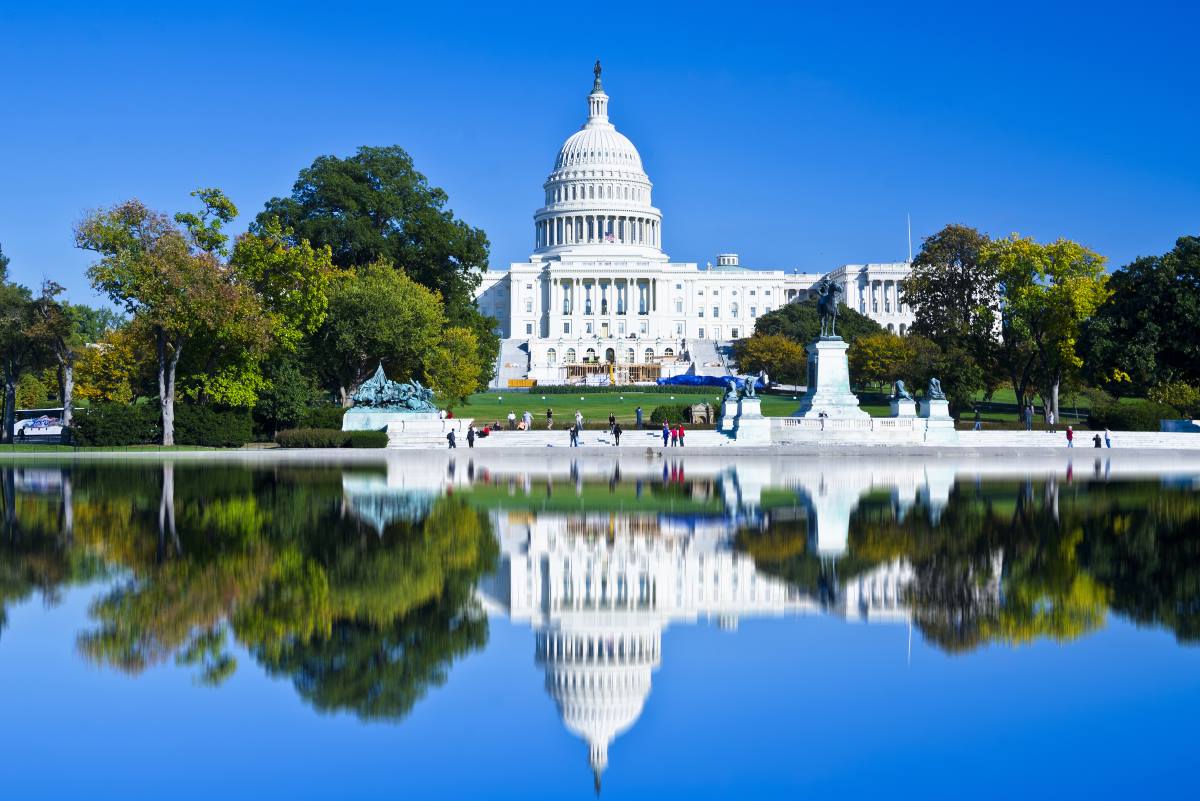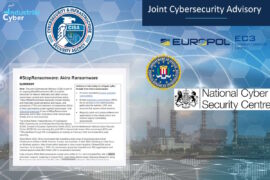New DWWIA 2021 Act provides water infrastructure funds for upgrades to cope with cybersecurity threats

The U.S. government recently passed bipartisan legislation aimed at investing in and modernizing the nation’s crumbling water infrastructure to protect it from cybersecurity and other threats. The Drinking Water and Wastewater Infrastructure Act of 2021 (DWWIA 2021 Act) was introduced in the Senate and comes after water crises earlier this year across the Southern states, including Texas, Oklahoma and Mississippi.
The Senate Environment and Public Works (EPW) Committee unanimously approved DWWIA 2021 Act last week, bringing a focus on the need to boost the resilience of critical infrastructure to natural hazards, cybersecurity threats, and extreme weather events. The Act authorizes more than US$35 billion for water resource development projects across the country with a focus on upgrading aging infrastructure, addressing the threat of climate change, investing in new technologies, and providing assistance to marginalized communities.
“Years of failure to make adequate investments in our water infrastructure has led to a status quo where thousands of Illinoisans are served their drinking water through what is essentially a lead straw,” according to a press statement by U.S. Senator Tammy Duckworth, who co-authored the bill. “This is a dire situation and we must do more to stop it, which is why I’m so pleased the Committee took an important first – and significant – step forward today towards addressing this public health crisis,” she added.
The DWWIA 2021 Act provides for the setting up of a program, to be known as the ‘Midsize and Large Drinking Water System Infrastructure Resilience and Sustainability’ program. The administrator of the Environmental Protection Agency (EPA), subject to the availability of appropriations for the resilience and sustainability program, shall award grants to eligible entities for the purpose of increasing resilience to cybersecurity threats.
The grant funds received under the resilience and sustainability program will assist in the planning, design, construction, implementation, operation, or maintenance of a program or project that increases resilience to cybersecurity threats, according to the Act. It also seeks to develop and implement various measures that will help boost the resilience of the eligible entity to cybersecurity threats.
In order to seek a grant under the resilience and sustainability program, an eligible entity must apply to the administrator of the EPA, with a proposal of the program or project to be planned, designed, constructed, implemented, operated, or maintained by the eligible entity, according to the requirements of the Act. The applicant must also put in an identification of the potential cybersecurity threat, as applicable, to be addressed by the proposed program or project.
In the application, a description of any recent natural hazards, cybersecurity events, or extreme weather events that have affected the community water system of the eligible entity must also be included, according to the DWWIA 2021 Act. Along with that, a submission of a description of how the proposed program or project would improve the performance of the community water system of the eligible entity under the anticipated cybersecurity threats.
A clear explanation of how the proposed program or project is expected to enhance the resilience of the community water system of the eligible entity to the anticipated cybersecurity threats, according to the Act.
Subject to the availability of appropriations, not later than a year after the date of enactment of the DWWIA 2021 Act, the administrator of the EPA shall carry out a study that examines the state of existing and potential future technology, including technology that could address cybersecurity threats, which enhances or could enhance the treatment, monitoring, affordability, efficiency, and safety of drinking water provided by a public water system.
The legislation also makes significant investments in Environmental Protection Agency (EPA) grant programs and revolving loan funds that support America’s water infrastructure.
“EPA is committed to partnering with states, tribes, and territories to invest in infrastructure projects and protect surface waters in communities across the United States, ensuring that all Americans, especially those living in underserved communities, have access to safe and clean water and opportunities for economic growth,” said Michael S. Regan, EPA Administrator in a press statement.
The legislation allows for the setting up of a website or data hub to exchange water data, including data on water quality or water technology, as well as new and emerging, but proven, water technology, and intercounty communications initiatives related to water data.
The bill also allows for the reauthorization of the Alternative Water Source Grants Pilot Program and the creation of an Interagency Working Group on Water Reuse to create a more formal structure for engaging external stakeholders on matters related to water recycling. The working group on water reuse will help break down traditional bureaucratic silos, leverage and coordinate resources throughout the federal framework, and create a more formal structure for engaging external stakeholders on matters related to water recycling.
“The Drinking Water and Wastewater Infrastructure Act of 2021 provides tools and investments to help communities address complex and evolving challenges through the adoption of water reuse,” said Patricia Sinicropi, executive director of the WateReuse Association in a statement.










